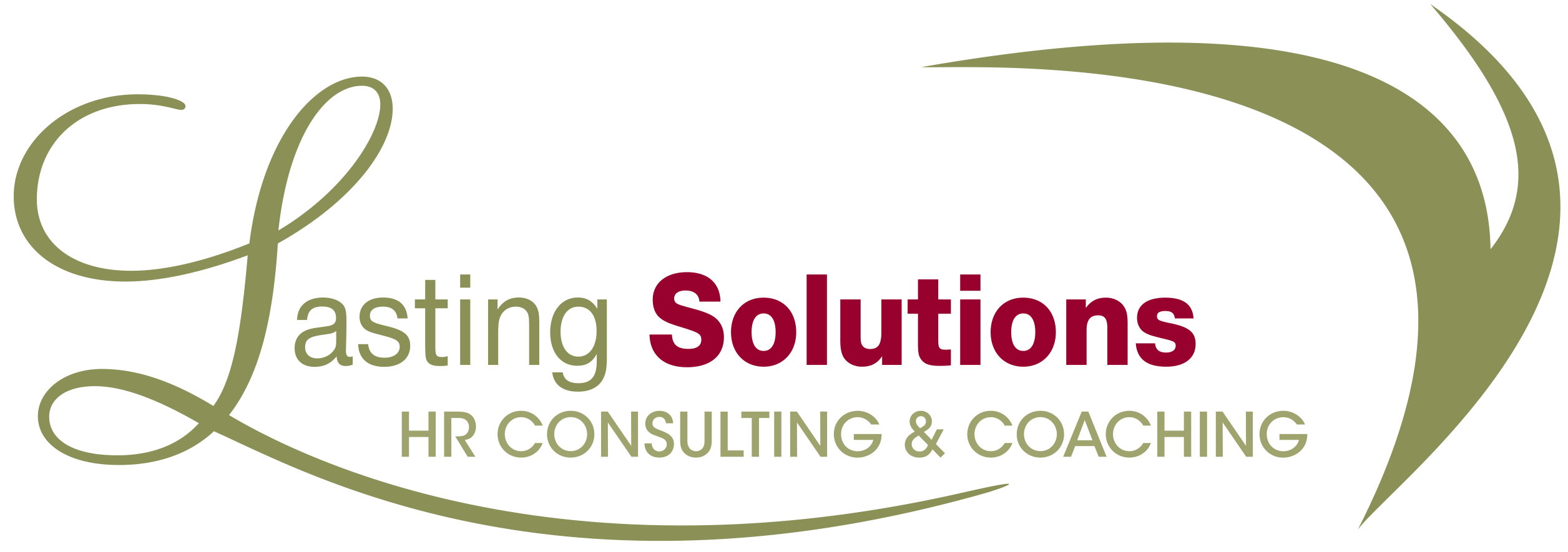Competencies – Why You Shouldn’t Work Without Them
As our world becomes more complex and our business needs change, clarity is harder to find but even more important in the recipe of success. As business leaders, we need to ensure that our team members (and ourselves) have the skills and behaviours required to thrive.
A simplified approach to doing this is through the use of competencies. Competencies, simply stated are the measurable skills and behaviours that focus on what’s important and in return contributes to successful performance. They guide people to get the desired results and in turn success for themselves and the companies they work for.
If you search for competencies on the Internet you will find lots of information and it can be very confusing so I will identify how to create competencies that will suit the needs of your organization. Like any planning tool, it will take some time to find the ones that represent your organization the best but once you have them and use them properly, they will be a business tool you can’t live without.
The best way to identify your competencies is to use the following areas as a guide.
- Organizational
- Behavioural
- Job Specific
- Leadership
Organizational
Organizational competencies are the most important aspects of your organization. These competencies are paramount to your success and everyone must display these. If you are a not for profit, an organizational competency may be member relations, if you are a training company, an organizational competency could be expert knowledge, an advertising company could have an organizational competency of creativity and innovation.
Behavioural
Behavioural competencies describe what key personal qualities or characteristics influence how successful someone is in their work. While we may assume there is no need to put these on paper, experience continually demonstrates that clarity is so important. Behavioural competencies can include – integrity, teamwork, listening, professionalism, collaboration, relationship building, client focus, self-control, results orientation. There are many to choose from but the most important aspect of any competency is that it fits your organization.
Job Specific
Job specific competencies are skills that are required to be successful within a role. They support a leader in distinguishing varying levels of performance objectively. Examples of these could include: Job knowledge (as it related to the area of expertise), problem solving, analytical ability, quality, communication skills, decision making, initiative etc.
Leadership
My personal thoughts are that we are all leaders. We must have that outlook to remain competitive and successful in our lives and careers. Therefore, leadership competencies are for everyone. Examples of leadership competencies that work for everyone could be – personal accountability, resilience, inclusiveness, organizational commitment, informal leadership, stewardship of resources. Formal leadership competencies can include – developing others, coaching and team development, to name a few.
Once you decide which competencies are important, the next step is to determine what does success specifically look like in your organization and then create the definition for your organization.
An example is:
Initiative
Actively seeks opportunities to make a contribution rather than passively accepting situations. Takes action to achieve goals beyond what is necessarily called for – initiates action.
Key Behaviours
- Actively seeks solutions to problems before being asked or directed.
- Questions the way a process is done and suggests changes.
- Initiates self-development efforts.
- Seeks additional job responsibilities to assume.
- Looks for new ways to contribute to the business.
How to Begin
When you are making significant changes, only take on as much as you are certain you can deliver on. When it comes to competencies, I recommend starting with a few of the most critical ones to your organization. Spend time identifying them and writing down what they mean to you (never assume your team members know what they are) then identify what the Key Behaviours are that demonstrate success. They must be linked to what success means to your organization.
When identified correctly, you will be able to observe people demonstrating the effective use of competencies. Talk about them, make them visible, recognize success immediately and coach for improvement when required. Competencies can be learned and developed over time with positive reinforcement.
Once you are comfortable with the most important competencies within your organization, revisit them annually as part of your business planning process. Expand and change them as your business evolves. Competencies will assist you in getting the desired results you want and become an indispensable business tool.


Leave a Reply